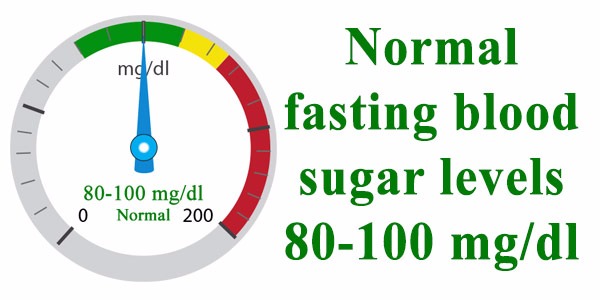Diabetic Nephropathy - pathophysiology
Nephropathy is a common complication of diabetes that affects the kidney. It usually occurs approximately 15 years after the initial diagnosis of diabetes.
It is characterized by damage to the glomerulus, leading to proteinuria and other symptoms such as swelling, fatigue, and arterial hypertension.
Early diagnosis and treatment are crucial to slow down the progression of the disease and improve patient outcomes.
Pathophysiology of Diabetic Acidosis
The pathophysiology of this condition is quite simple - it involves the damage to a critical part of the kidney called the glomerulus, which is responsible for filtering blood and removing toxic waste products from the body.
In diabetic nephropathy, the glomerulus becomes thickened and loses its ability to function properly, resulting in proteinuria or the presence of protein, such as albumin, in the urine.
Normally, there should be no protein in the urine, so its presence indicates damage to the glomerulus.
Symptoms of Diabetic Acidosis
As the condition progresses, more glomeruli become damaged or destroyed due to sclerosis or thickening of the renal tissue. This leads to a variety of symptoms that patients may experience.
Swelling around the eyes, known as periorbital edema, is one of the earliest symptoms that can be observed by patients. This usually occurs upon waking up in the morning.
Hiccups and fatigue are also common symptoms that may be experienced by patients, although they are not specific to diabetic nephropathy.
One of the more serious consequences of diabetic nephropathy is arterial hypertension, or high blood pressure.
Due to the damage to the glomeruli, blood filtration is impaired, which leads to an increase in blood pressure.
This can result in headaches, vomiting, and nausea, among other symptoms.
If a patient is suspected of having diabetic nephropathy, a kidney biopsy may be necessary to confirm the diagnosis.
Diabetic Nephropathy Treatment
The treatment of diabetic nephropathy can be challenging, but modern medications have shown remarkable results.
The first line of treatment is typically the use of ACE inhibitors, a group of medications that inhibit the metabolic chain responsible for raising arterial blood pressure.
In addition to reducing hypertension, these drugs have a positive effect on the kidney and slow down the progression of the disease.
In addition to medication, patients with diabetic nephropathy must modify their diet including the reduction of protein intake to better suit the patient's needs.
It is crucial to strictly control glucose and serum creatinine levels to slow down the progression of diabetic nephropathy.
Written by Dr.Albana Greca Sejdini, Md, MMedSc
Medically reviewed by Dr.Ruden Cakoni, MD, Endocrinologist
Last reviewed 2/25/2023
References:
- American Diabetes Association. (2021). Diabetic ketoacidosis (DKA). https://www.diabetes.org/diabetes/medication-management/when-youre-sick/diabetic-ketoacidosis
- Kitabchi, A. E., Umpierrez, G. E., Murphy, M. B., & Kreisberg, R. A. (2006). Hyperglycemic crises in adult patients with diabetes: a consensus statement from the American Diabetes Association. Diabetes care, 29(12), 2739-2748.
- Savage, M. W., Dhatariya, K. K., Kilvert, A., Rayman, G., Rees, J. A., & Courtney, C. H. (2016). Joint British Diabetes Societies guideline for the management of diabetic ketoacidosis. Diabetic Medicine, 33(10), 1304-1309.
- Wolfsdorf, J. I., Glaser, N., Agus, M., Fritsch, M., & Hanas, R. (2006). ISPAD clinical practice consensus guidelines 2006-2007. Diabetic ketoacidosis and hyperglycemic hyperosmolar state. Pediatric Diabetes, 7(4), 322-329.
- Eledrisi, M. S., Alshanti, M. S., Shah, M. F., & Brolosy, B. (2005). Differences and similarities in the management of diabetic ketoacidosis and the hyperosmolar hyperglycemic state. Endocrine Practice, 11(4), 245-252.






New! Comments
Ask A question Or Leave a comment.